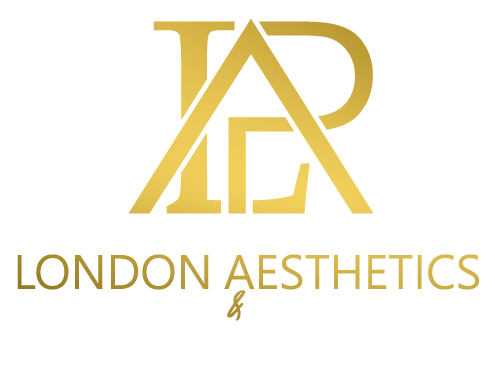Dark circles under the eyes can be caused by many factors and are often difficult to treat. They can be genetic, which is called an eye family, or they can be the result of stress, lack of sleep, illness, allergies, or other medical conditions. But don’t worry!
There are many ways to get rid of dark circles under your eyes.
It’s important to find out what causes them to find the best treatment for you. Fillers are a great option if you have genetic dark circles which are caused by fat deposits beneath your lower lids. If you have dark circles that are caused by something else like allergies or lack of sleep then topical creams will work better.
Dark Circles Under Your Eyes
Dark circles are a common skin ailment that can have many different causes. It’s important to figure out the cause of your dark circles so you know which treatment will work best for you.
For instance, hereditary dark circles under your eyes are caused by fat deposits beneath your lower lids which result in puffy bags. The good news? Hyaluronic Acid-Based Fillers at LARC work like magic on dark circles.
Fillers for Dark Circles
Fillers are a great option if you have hereditary dark circles which are caused by fat deposits beneath your lower lids. Fillers can be injected right underneath the lower lid to fill in these dark circles. It’s important to find out what causes them to find the best treatment for you.
Meanwhile, topical creams will work better if you have dark circles that are caused by something else like allergies or lack of sleep. You can also use an ice pack on your eyes while you sleep to reduce the swelling and darkness under your eyes. While it’s not a long-term solution, it can help decrease the appearance of dark circles for temporary relief.
Fillers like Restylane and Juvéderm can be injected into the area under your eyes to help with hereditary dark circles. These fillers temporarily reduce the appearance of these dark circles by filling the hollows in the lower lids, to reduce the appearance of dark circles under the eyes. These types of fillers also work well for those who have lost a lot of volume in their lower lids and upper cheek area.
Injectable Treatments
Permanent fat transfer is another option that works well for those with hereditary dark circles. It is done by transferring fat from one area to another, usually from the stomach area to the lower lids. This type of treatment is more expensive but it has been shown to provide long-term results.
Topical Treatments
Topical treatments are great for people who suffer from dark circles due to allergies, lack of sleep, or other medical conditions. For example, if you have dark circles because of allergies it might be caused by an allergic reaction which is why topical creams are the best option. There are many good over-the-counter options out there that will get rid of your dark circles or make them less noticeable. Some of these include eye masks and patches. Eye masks work by covering your eyes with a soothing cream that helps to reduce puffiness and lighten dark circles while patches work by giving you 8 hours of uninterrupted sleep so your body can repair itself overnight.
Creams like the best eye cream for dark circles by the LARC store help lighten and correct dark circles caused by allergies or lack of sleep while also brightening up the skin around your eyes. The only downside is that these products need time to show results, so you’ll have to wait for some time before seeing any improvements.
Take-Home Notes
No matter what type of treatment you decide to use, it’s important to remember that the best way to treat dark circles is to address the underlying issue. For example, if you have allergies, try to cut down on the allergens in your environment. If you have dry eyes, make sure you’re taking care of your eyes by wearing eye drops. And if you have insomnia, try taking melatonin supplements.
If you are still unsure about how to treat dark circles, speak to our doctors about the treatments that are available at London Aesthetics & Rejuvenation Centre. Our doctor will be able to help you decide which treatment is best for your needs.



